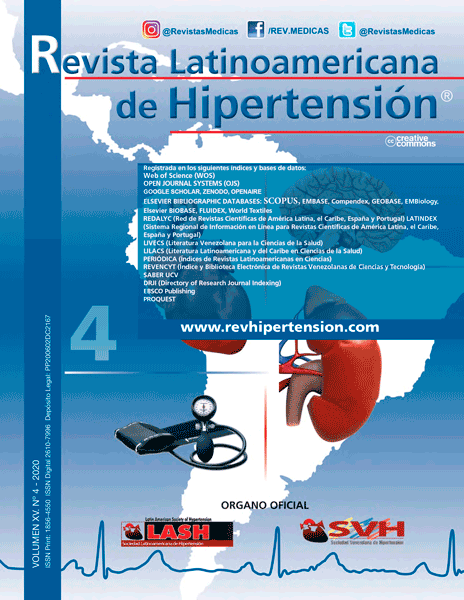Prevalence of anaemia in a sample of pregnant women in Babylon Governorate, Iraq
Keywords:
Prevalence of Anemia, Pregnant Women, Babylon GovernorateAbstract
Abstract: Anemia in Pregnancy considered a significant public health problem. It has an essential role in disabled life and death of pregnant women and their future children, mainly in developing countries. The World Bank Group (WBG) estimates that the prevalence of Anemia among pregnant women in Iraq is nearly 38%, while the World Health Organization (WHO) estimates it approximately 31%. Hence, the primary objective of our study is to investigate the possible prevalence of Anemia among pregnant women in Babylon city by analyzing several primary health centres in this governorate. A cross-sectional descriptive survey runs in several primary health care centers in Babylon. Five centers are selected, two in the center and three in the centers of the peripheries. The sample was selected by a modified systematic sampling technique. Questions attempted to encompass the sociodemographic characteristics of the mother, and the menstrual and obstetrical history and the possible association of these characteristics with the presence of anaemia. The range of Hemoglobin identified between 6.0 to 15.0 with a mean of 10.61 gm/dL. The estimated prevalence of anaemia was 48.6% of the studied sample where mild anaemia appeared in 21.8%, while that of moderate and severe anaemia in 26.0% and 0.8% respectively. The younger age of the mother and good family income are protective factors while loneliness and having a Job are significant risk factors to its occurrence. Also, the occurrence of Anemia was associated significantly with heaviness rather than the regularity of the menstrual cycle with a higher number of pregnancies and/or abortions, irregularity or absence of antenatal care and previous rather than present antepartum hemorrhage. Anemia represents a great challenge to the community health in Iraq and require further governmental efforts to handle it by concentrated health education and promotion of antenatal care.

